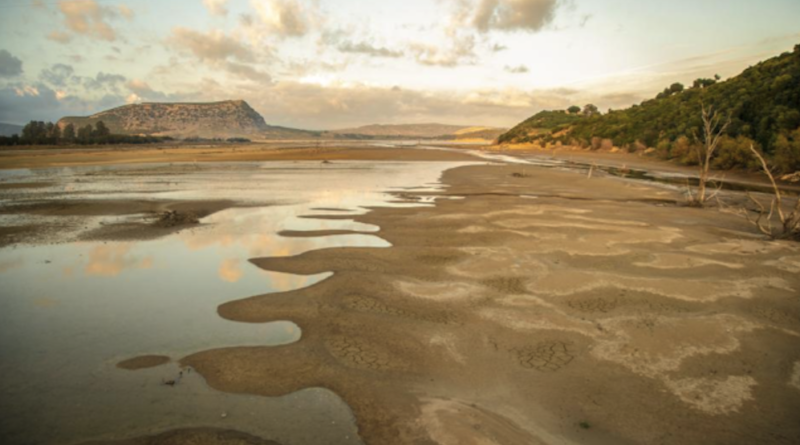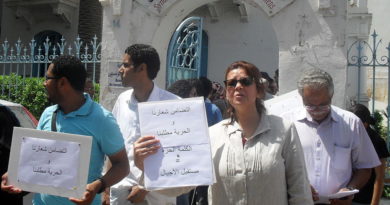Tunisia Cuts Water Amid a Record Drought
Tunisia’s state water distribution company, SONEDE, has announced that it will cut off water supplies to citizens for seven hours a night in response to the country’s worst drought on record. The country has also introduced other tight restrictions on water usage, including a ban on the use of potable water for irrigating farmland or green spaces, or for cleaning public areas or cars, as it braces for another baking summer. This adds to Tunisia’s many challenges politically and economically after many unpopular actions of the sitting president.
SONEDE said on Friday that the water will be cut off daily from 9 pm until 4 am, with immediate effect. The company attributed the drought to climate change and called on Tunisians to understand the decision. Fines and even prison sentences were being considered if the rules were broken.
The new decision threatens to fuel social tension in a country whose people suffer from poor public services, high inflation, and a weak economy. Residents of several areas of the capital have already complained of unannounced cuts to their mains supply at night since the start of the fasting month of Ramadan, when many stay up late.
Tunisia’s dams are at critical lows following years of drought, exacerbated by pipeline leaks in a decrepit distribution network. Tunisia recorded a drop in its dam capacity to approximately one billion cubic meters, or 30 percent of the maximum.
Farmers’ unions have voiced fears for the coming season, particularly regarding cereals. A poor domestic harvest would compound Tunisia’s problems procuring sufficient flour in the face of skyrocketing international wheat prices since Russia’s invasion of Ukraine early last year. Tunisia’s agricultural sector usually accounts for 10 percent of gross domestic product (GDP).
Scientists have said that recurring heatwaves are a clear marker of human-caused global warming, and that droughts worldwide are set to become more frequent, longer, and more intense. The current water cuts in Tunisia are just one example of the impact of climate change on countries worldwide.
Across the maghreb, a similar pattern of drought is experienced. Morocco is facing a growing drought threat due to climate change.



